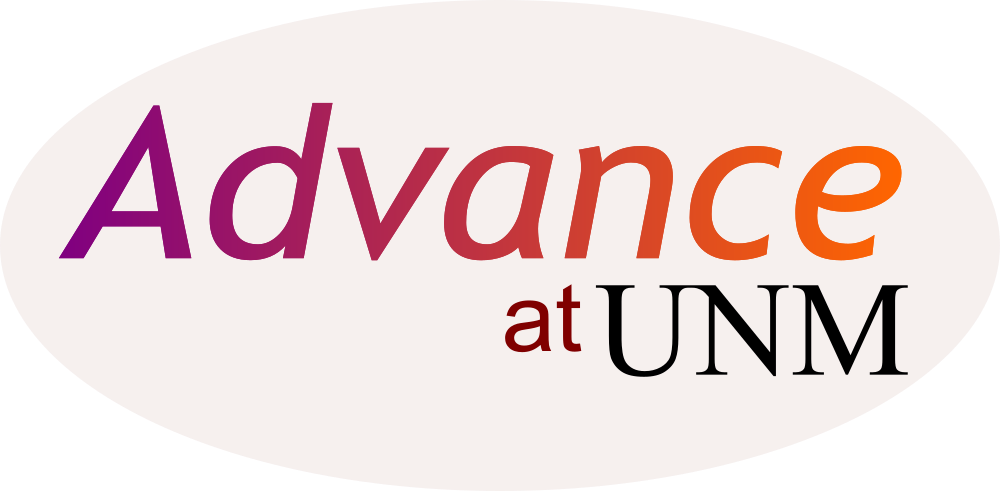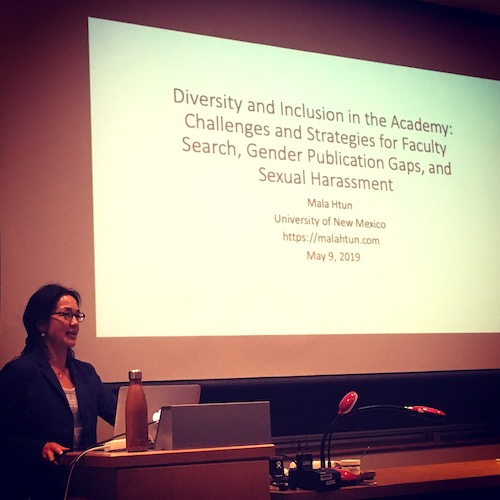UNM poli sci prof: here’s how we make tenure and promotion fair after the pandemic
During the COVID-19 outbreak, universities also should do more than extend tenure clocks to limit inequalities, professor Mala Htun says in a letter published in Science
The extension of tenure clocks for faculty at universities around the country is a helpful step toward mitigating academic setbacks during the COVID-19 pandemic but isn’t enough and may make things worse, UNM political science professor Mala Htun argues in a letter published June 4 in the journal Science.
“The covid-19 pandemic will exacerbate existing inequalities and produce new forms of disadvantage. Stay-at-home and public safety orders are precluding some forms of research, such as work involving human subjects and laboratory research, while creating an opportunity for other research, such as work based on digital data. The pandemic’s disparate effects on people’s research record will likely go on for many years,” Htun wrote in the letter.
Although well intentioned, the tenure clock extensions have put women at a disadvantage in the past, Htun argued, because tenure committees and evaluators don’t take into account how the extra years are spent. Now other groups, including people whose work requires interaction with human subjects and takes place abroad, stand to suffer.
“The fact is, scholars use the extra time on their tenure clocks in different ways, based on their social roles and the nature of their research, among other reasons. It would be unfair to evaluate and compare candidates’ records during their years spent on lockdown, recovering from the pandemic, or on parental leave,” she wrote.
To make sure the pandemic doesn’t make existing disparities worse, universities must take several other steps to ensure a fair process, including evaluating candidates for tenure and promotion on their 6 best years, not all years, so as to equalize the denominator across cases, and asking people to submit a covid-19 impact statement explaining the work they did, or were unable to do, as well as other obligations such as child care and eldercare.
In addition, qualitative and holistic evaluations need to be beefed up in part to avoid a reliance on quantitative metrics, said Htun, who is also a co-PI on an NSF Advance grant to recruit, promote and retain women and minority STEM faculty at UNM.
“Qualitative and holistic assessments of a candidate’s record are more important than ever, since quantitative assessments—of number of publications, citation counts, journal impact factors, research expenditures, and teaching scores—will carry even more biases in the wake of the unequal effects of covid-19. Let’s treat the pandemic as an opportunity to adopt new standards for tenure and promotion that are fair to people with diverse research agendas and to parents and caregivers.”
Read the letter here.

